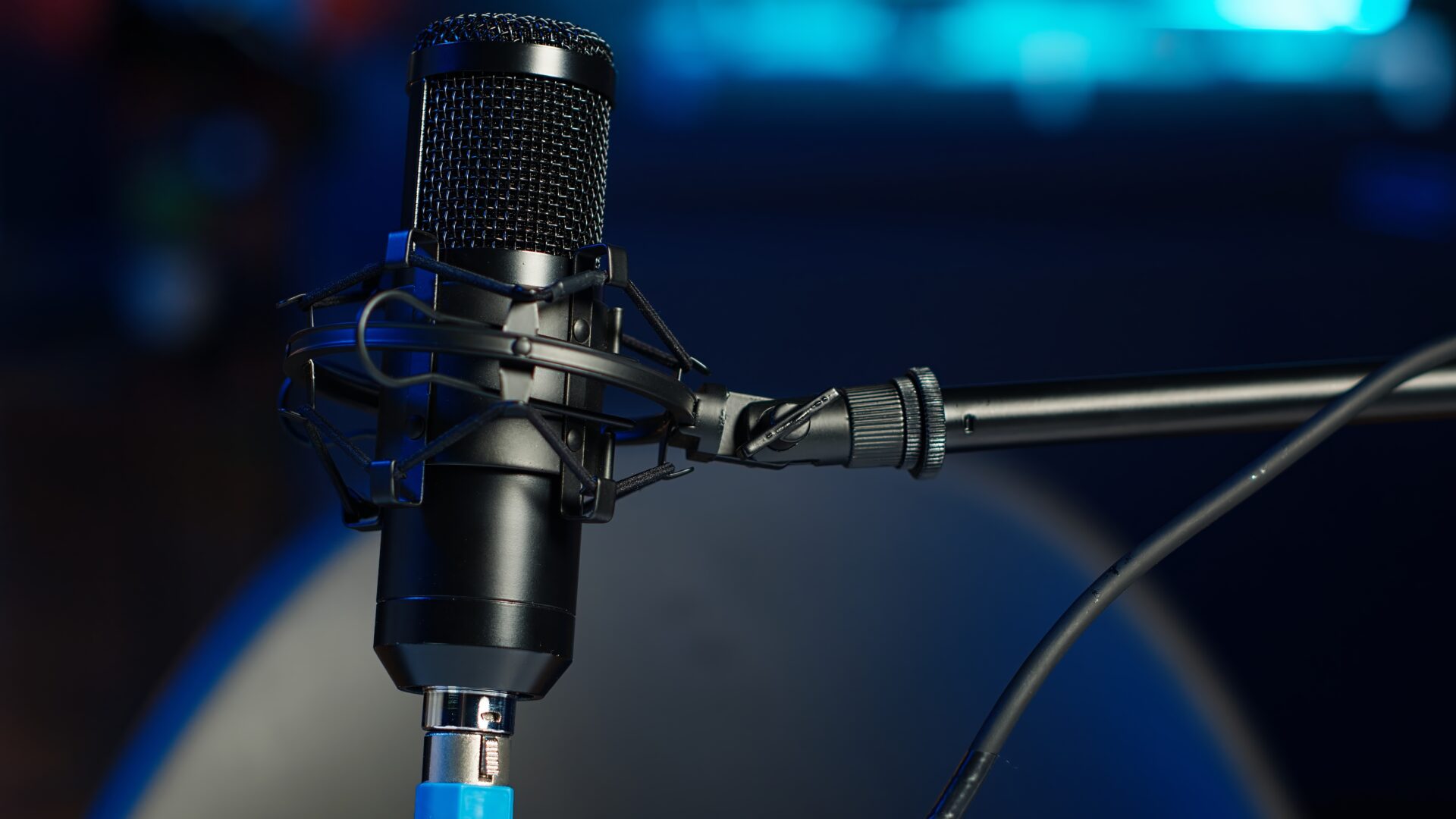
Harvard HORROR – Morgue Manager GUILTY
Former Harvard Medical School morgue manager Cedric Lodge has pleaded guilty to stealing and selling human remains from donated cadavers in a shocking betrayal of trust that has rocked one of America’s most prestigious institutions.
At a Glance
- Cedric Lodge, 57, former Harvard Medical School morgue manager, pleaded guilty to interstate transport of stolen human remains
- Lodge stole body parts from donated cadavers and sold them across multiple states from 2018 to early 2023
- Lodge faces up to 10 years in prison and a $250,000 fine, with sentencing to be determined
- His wife Denise Lodge also pleaded guilty to interstate transport of stolen goods and awaits sentencing
- Harvard Medical School fired Lodge in May 2023, condemning his actions as an “abhorrent betrayal”
Shocking Abuse of Trust at Prestigious Institution
Cedric Lodge, the former manager of Harvard Medical School’s morgue, systematically violated the sanctity of donated human remains entrusted to the school for education and research. Between 2018 and March 2020, Lodge removed organs, brains, skin, hands, faces, and even dissected heads from cadavers after they had been used for research but before proper disposal according to donor agreements. The 57-year-old morgue manager then transported these remains across state lines to sell them for profit.
Federal investigators discovered that Lodge allowed buyers to enter the morgue to select body parts they wanted to purchase. He then stole these remains and, with the help of his wife Denise Lodge, shipped them to various locations in Massachusetts, New Hampshire, and Pennsylvania. These transactions reportedly amounted to tens of thousands of dollars, creating a macabre marketplace for human remains that were meant to be cremated after serving their educational purpose.
Legal Consequences and Harvard’s Response
Lodge faced five federal charges but has pleaded guilty specifically to interstate transport of stolen human remains as part of a deal with prosecutors. The charge carries a maximum penalty of 10 years in prison and a $250,000 fine, though his plea agreement may result in a less severe sentence. His wife Denise has also pleaded guilty to interstate transport of stolen goods and is currently awaiting her sentencing date.
“While Lodge has agreed to plead guilty and taken responsibility for his crimes, this likely provides little consolation to the families impacted,” said HMS Dean George Q. Daley ’82. “A disgraceful betrayal of the individuals who altruistically chose to will their bodies to Harvard Medical School’s Anatomical Gift Program. We continue to express our deep compassion to all those affected.”
Harvard Medical School terminated Lodge’s employment in May 2023 after he was indicted. The school has emphasized that Lodge acted independently without the knowledge or cooperation of others at the institution, describing his actions as both an “abhorrent betrayal” and “morally reprehensible.”
BODY BROKERS: Shock, disgust from the Harvard Medical School community as a former morgue employee is accused of stealing and selling human remains from research cadavers on the black market.
HMS is setting up resources to try and connect donor next of kin with answers. @7news pic.twitter.com/siJMMzAjDd
— victoria price (@victoriapricetv) June 14, 2023
Wider Network and Ethical Questions
The investigation revealed that Lodge was part of a broader network of individuals involved in the illegal trade of human remains. Several other participants in this network have also pleaded guilty to related charges. The case has sparked intense debate about the oversight of anatomical donation programs and the security measures needed to prevent such violations in the future.
“What happened here is wrong,” stated Denise Lodge’s attorney, who has characterized the case as “more of a moral and ethical dilemma … than a criminal case.”
In response to the scandal, Harvard Medical School has implemented increased oversight at the morgue, including better tracking systems, enhanced surveillance, and improved staff training. Legal debates continue regarding Harvard’s liability under Massachusetts law, as families of donors grapple with the disturbing misuse of their loved ones’ remains.
Impact on Trust in Anatomical Donation Programs
The Lodge case has sent shockwaves through the medical education community, raising serious concerns about the security and ethical management of donated remains. Harvard’s anatomical gift program, like others across the country, relies on the generosity of individuals who donate their bodies to advance medical knowledge and training. This breach of trust threatens to undermine public confidence in such programs nationwide.
Court documents revealed that Lodge “removed human remains, including organs, brains, skin, hands, faces, dissected heads, and other parts, from donated cadavers after they had been used for research and teaching purposes but before they could be disposed of according to the anatomical gift donation agreement between the donor and the school.”
This case represents not just a criminal matter but a profound moral violation that has affected countless families who believed their loved ones’ remains would be treated with dignity and respect. As Lodge awaits sentencing, the medical education community continues to strengthen protocols to ensure such a breach never occurs again.


